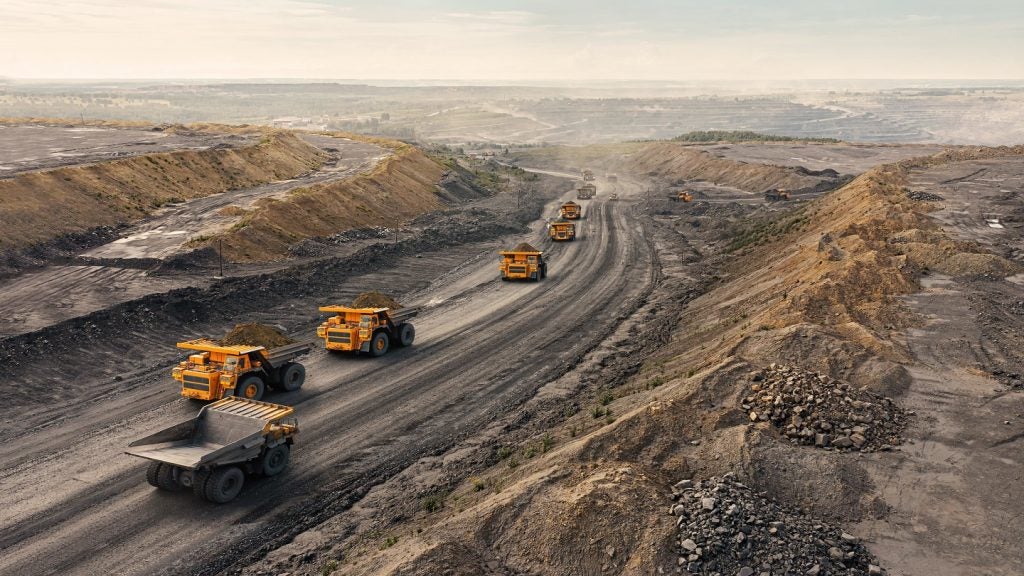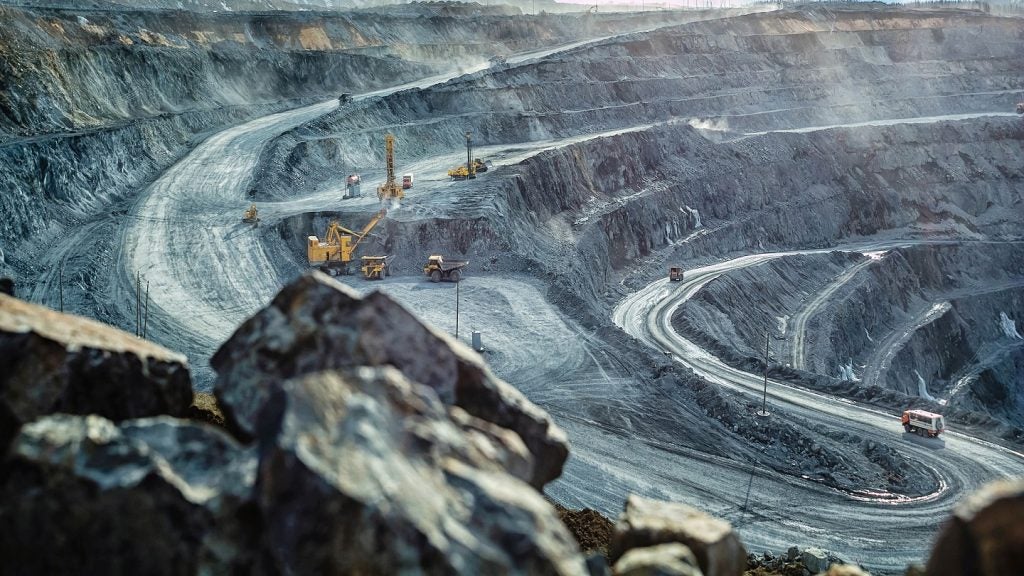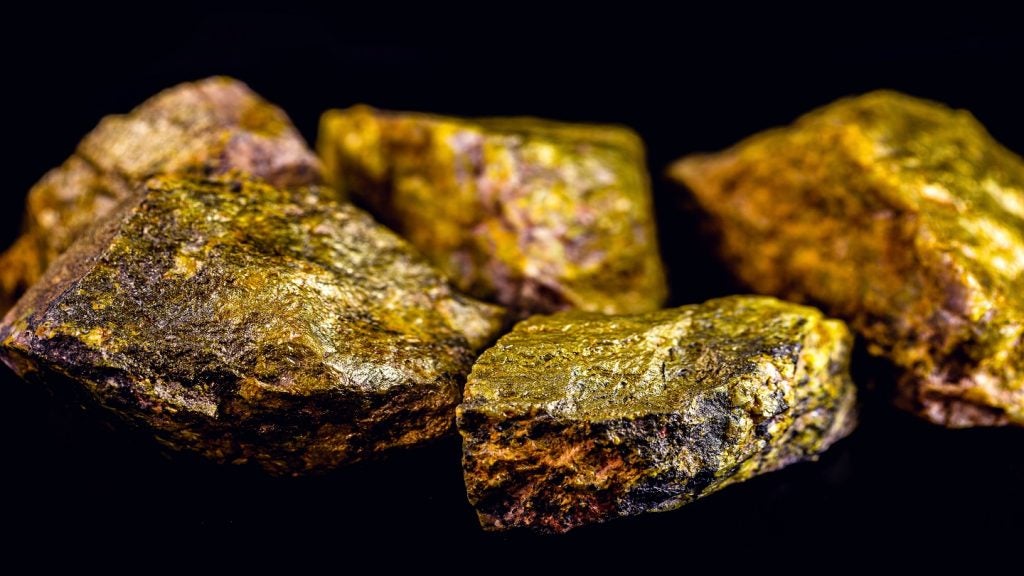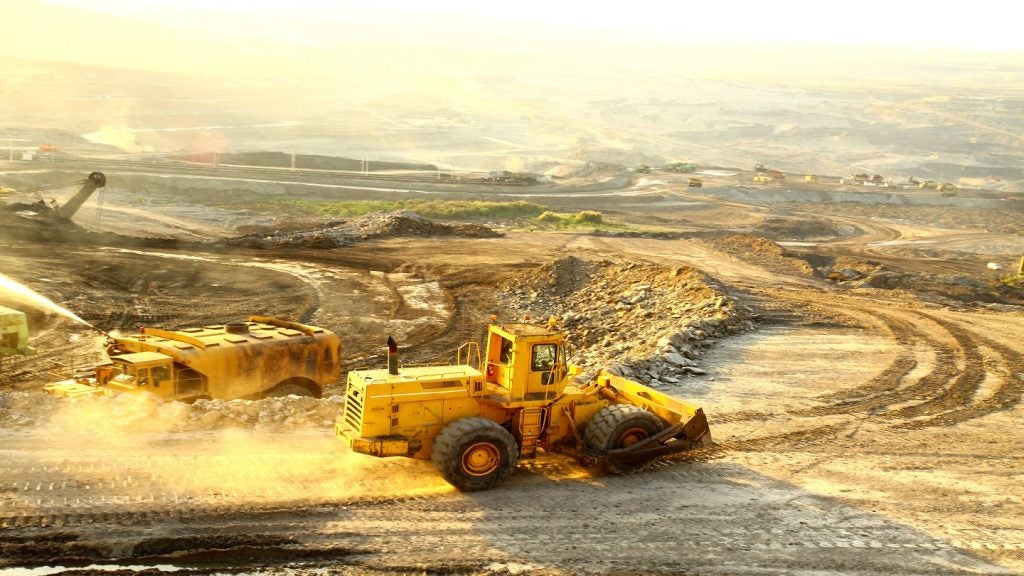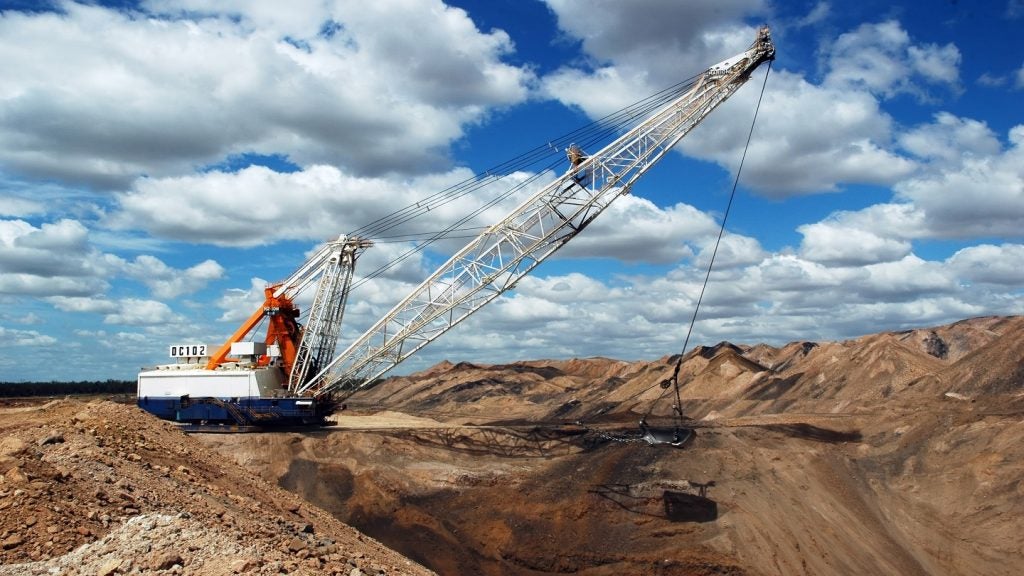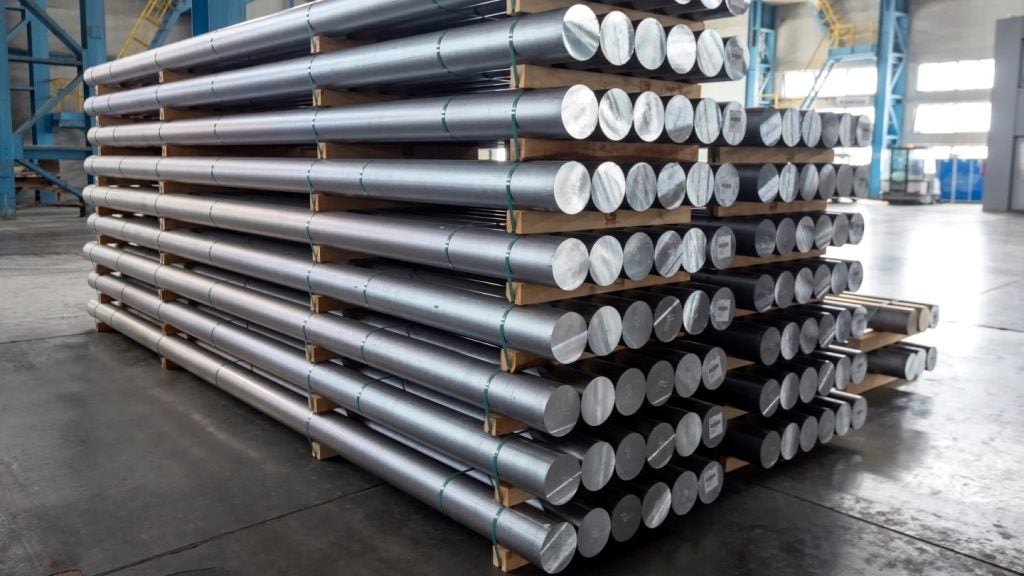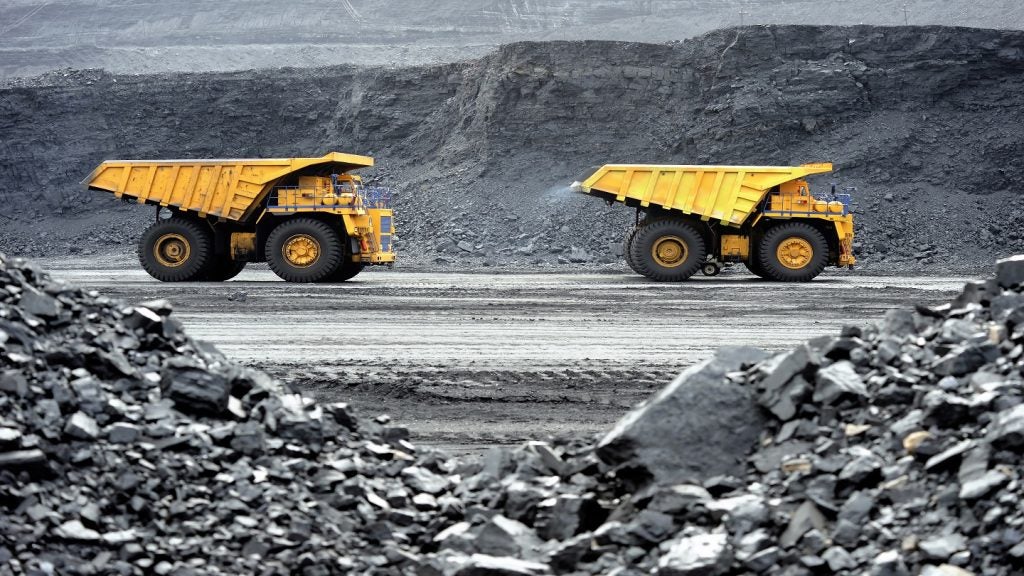The Canadian Government should pressure pension funds to invest billions in the country’s mining industry if it is to produce enough critical metals for the energy transition, according to mining magnates Pierre Lassonde and Frank Giustra.
The eight largest pension funds in Canada hold around C$2.1trn ($1.5bn) but only invested a quarter within the country in 2023, according to research carried out by Montreal-based fund manager Letko Brosseau. This is lower than that of pension funds in other countries such as the UK, the US and Japan.
Lassande, former president of Newmont, said in an interview with Mining.Com: “They’ve taken the vast majority of this money, 75% of it, and invested it outside Canada to create jobs outside of Canada to the detriment of Canadians. Essentially, the mining industry has been ignored.”
However, one of the reasons pensions funds are not investing in large Canadian mining companies is that few domestic options remain as many have been bought by overseas players. In November, Swiss-based miner Glencore acquired Teck Resources’ coking assets in a C$9bn deal.
Furthermore, Xstrata, now part of Glencore, bought Canadian nickel giant Falconbridge for C$39bn in 2006 and Brazil’s Vale acquired Canada’s other major nickel producer, Inco, for C$19bn in the same year. Lassonde and Giustra said that pension fund investing could have pushed the companies to change their decision and stay in Canada.
Giustra, who helped found Endeavor Mining, said: “We’re talking about very large companies, mining giants that we lost to foreigners. These aren’t risky companies. This was the backbone of our mining industry in this country.”
Canadian pensions were required to invest 90% of their assets domestically until this rule was scrapped in 2005. Across the world, the average domestic exposure for pension funds as a percentage of total assets is around 52%. The lowest in Canada is 13% run by Public Sector Pensions Investments, while the highest is 55% held by the Healthcare of Ontario Pension Plan.


